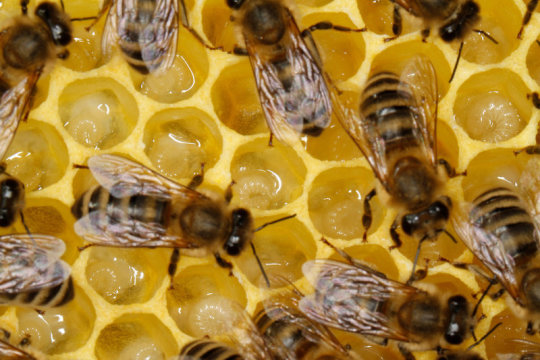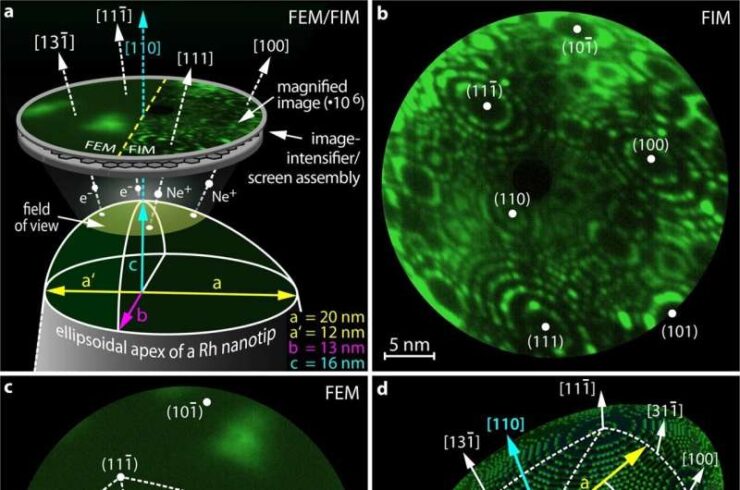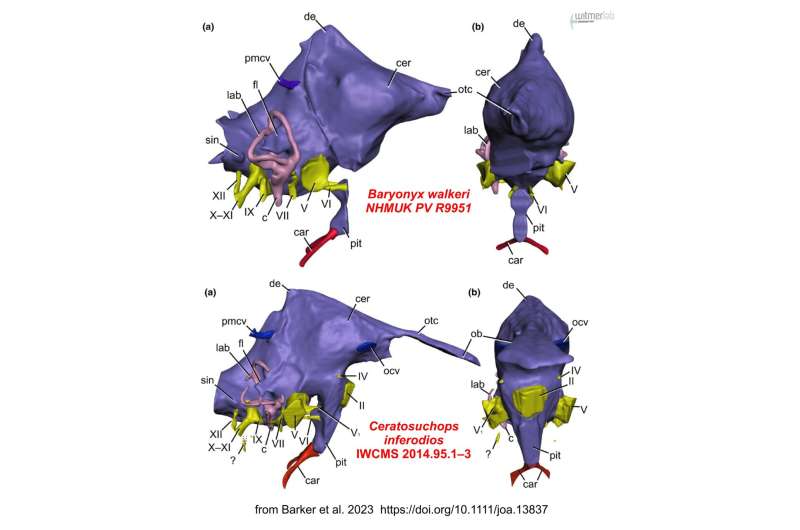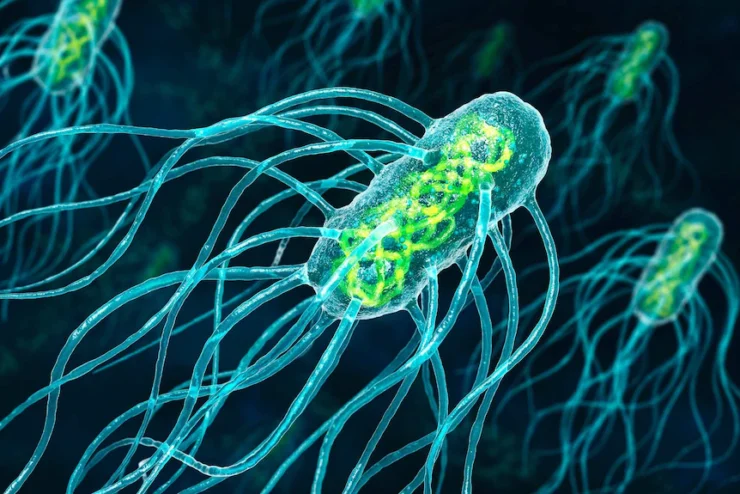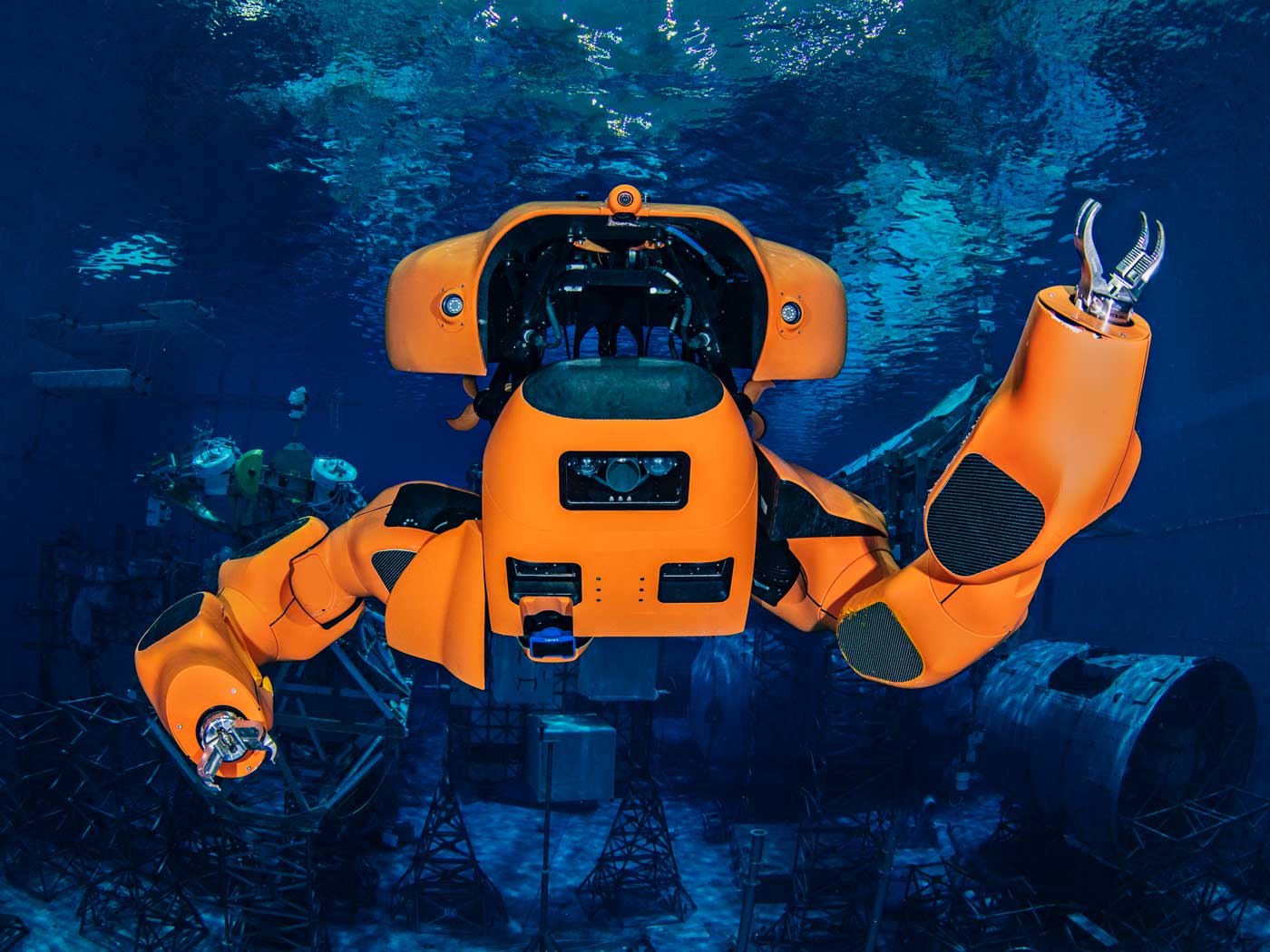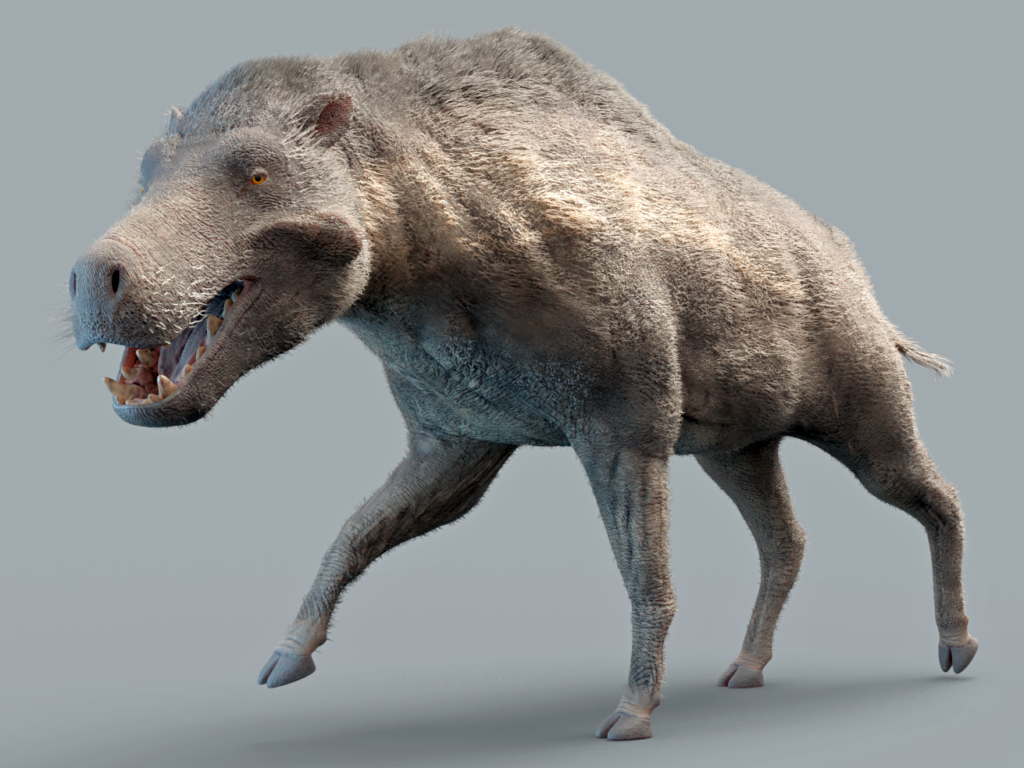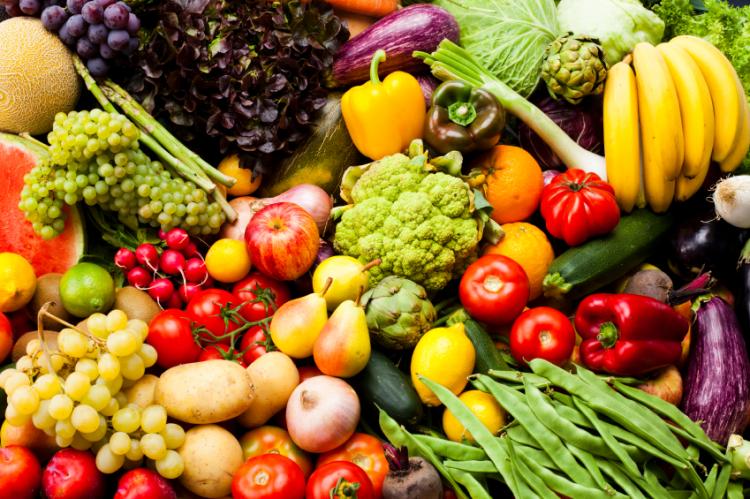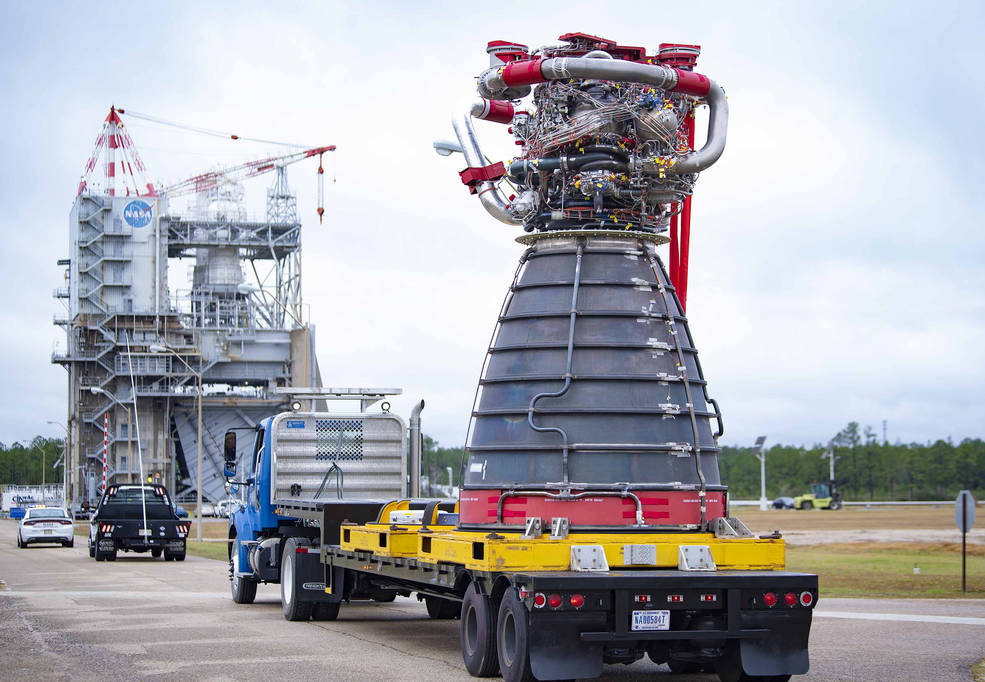Honey bee life spans are 50 percent shorter today than they were 50 years ago
A new study by University of Maryland entomologists shows that the lifespan for individual honey bees kept in a controlled, laboratory environment is 50% shorter than it was in the 1970s. When scientists modeled the effect of today’s shorter lifespans, the results corresponded with the increased colony loss and reduced honey production trends seen by U.S. beekeepers in recent decades.
马里兰大学昆虫学家的一项新研究表明,在受控的实验室环境中,单个蜜蜂的寿命比20世纪70年代缩短了50%。当科学家模拟当今寿命缩短的影响时,结果与近几十年来美国养蜂人看到的蜂群损失增加和蜂蜜产量减少的趋势相一致。
Colony turnover is an accepted factor in the beekeeping business, as bee colonies naturally age and die off. But over the past decade, U.S. beekeepers have reported high loss rates, which has meant having to replace more colonies to keep operations viable. In an effort to understand why, researchers have focused on environmental stressors, diseases, parasites, pesticide exposure and nutrition.
蜂群更替是养蜂业中一个公认的因素,因为蜂群自然老化和死亡。但在过去的十年里,美国养蜂人报告了很高的损失率,这意味着必须更换更多的蜂群来保持经营的可行性。为了理解其中的原因,研究人员将重点放在了环境压力源、疾病、寄生虫、农药接触和营养方面。
This is the first study to show an overall decline in honey bee lifespan potentially independent of environmental stressors, hinting that genetics may be influencing the broader trends seen in the beekeeping industry. The study was published November 14, 2022, in the journal Scientific Reports.
这是第一个表明蜜蜂寿命整体下降可能与环境压力无关的研究,这表明遗传可能正在影响养蜂业的更广泛趋势。这项研究发表在2022年11月14日的《科学报告》杂志上。
“We’re isolating bees from the colony life just before they emerge as adults, so whatever is reducing their lifespan is happening before that point,” said Anthony Nearman, a Ph.D. student in the Department of Entomology and lead author of the study. “This introduces the idea of a genetic component. If this hypothesis is right, it also points to a possible solution. If we can isolate some genetic factors, then maybe we can breed for longer-lived honey bees.”
该研究的主要作者、昆虫学系博士生安东尼·尼尔曼说:“我们在蜜蜂成年之前将它们与蜂群生活隔离开来,所以在那之前,任何减少它们寿命的因素都在发生。”“这引入了遗传成分的概念。如果这个假设是正确的,它也指出了一个可能的解决方案。如果我们能分离出一些遗传因素,那么也许我们可以培育出更长寿的蜜蜂。”
Nearman first noticed the decline in lifespan while conducting a study with entomology associate professor Dennis van Engelsdorp on standardized protocols for rearing adult bees in the laboratory. Replicating earlier studies, the researchers collected bee pupae from honey bee hives when the pupae were within 24 hours of emerging from the wax cells they are reared in. The collected bees finished growing in an incubator and were then kept as adults in special cages.
尼尔曼在与昆虫学副教授丹尼斯·范·恩格尔斯多普进行一项关于在实验室饲养成年蜜蜂的标准化协议的研究时,首次注意到蜜蜂寿命的下降。复制早期的研究,研究人员从蜂箱中收集了蜂蛹,蜂蛹在24小时内从它们饲养的蜡细胞中出来。收集到的蜜蜂在培养箱中长大,然后将成年蜜蜂放在特殊的笼子里。
Nearman was evaluating the effect of supplementing the caged bees’ sugar water diet with plain water to better mimic natural conditions when he noticed that, regardless of diet, the median lifespan of his caged bees was half that of caged bees in similar experiments in the 1970s. (17.7 days today versus 34.3 days in the 1970s.) This prompted a deeper review of published laboratory studies over the past 50 years.
尼尔曼在评估用白开水补充笼中蜜蜂的糖水饮食以更好地模拟自然条件的效果时,注意到无论饮食如何,在20世纪70年代的类似实验中,他的笼中蜜蜂的寿命中值是笼中蜜蜂的一半。(现在是17.7天,而上世纪70年代是34.3天。)这促使人们对过去50年发表的实验室研究进行了更深入的回顾。
“When I plotted the lifespans over time, I realized, wow, there’s actually this huge time effect going on,” Nearman said. “Standardized protocols for rearing honey bees in the lab weren’t really formalized until the 2000s, so you would think that lifespans would be longer or unchanged, because we’re getting better at this, right? Instead, we saw a doubling of mortality rate.”
尼尔曼说:“当我绘制寿命随时间变化的曲线时,我意识到实际上存在着巨大的时间效应。”“直到2000年代,在实验室里饲养蜜蜂的标准化协议才真正正式,所以你会认为寿命会更长或不变,因为我们在这方面做得越来越好,对吧?相反,我们看到死亡率翻了一番。”
Although a laboratory environment is very different from a colony, historical records of lab-kept bees suggest a similar lifespan to colony bees, and scientists generally assume that isolated factors that reduce lifespan in one environment will also reduce it in another. Previous studies had also shown that in the real world, shorter honey bee lifespans corresponded to less foraging time and lower honey production. This is the first study to connect those factors to colony turnover rates.
尽管实验室环境与蜂群非常不同,但历史记录表明,实验室饲养的蜜蜂与蜂群的寿命相似,科学家们通常认为,在一个环境中缩短寿命的孤立因素也会在另一个环境中缩短寿命。之前的研究也表明,在现实世界中,蜜蜂寿命的缩短对应着更少的觅食时间和更低的蜂蜜产量。这是首次将这些因素与蜂群周转率联系起来的研究。
When the team modeled the effect of a 50% reduction in lifespan on a beekeeping operation, where lost colonies are replaced annually, the resulting loss rates were around 33%. This is very similar to the average overwinter and annual loss rates of 30% and 40% reported by beekeepers over the past 14 years.
研究小组模拟了蜂群寿命减少50%对养蜂作业的影响,损失的蜂群每年都会得到更新,最终的损失率约为33%。这与养蜂人在过去14年报告的平均越冬和年损失率30%和40%非常相似。
Nearman and vanEngelsdorp noted that their lab-kept bees could be experiencing some sort of low-level viral contamination or pesticide exposure during their larval stage, when they’re brooding in the hive and worker bees are feeding them. But the bees have not shown overt symptoms of those exposures and a genetic component to longevity has been shown in other insects such as fruit flies.
尼尔曼和范恩格尔斯多普指出,他们实验室饲养的蜜蜂可能在幼虫阶段经历了某种低水平的病毒污染或农药暴露,当时它们在蜂巢中孵化,工蜂喂养它们。但蜜蜂并没有表现出暴露在这些环境下的明显症状,而果蝇等其他昆虫也显示出了长寿的遗传成分。
Read more at ScienceDaily.com
在ScienceDaily.com阅读更多

